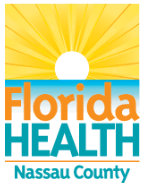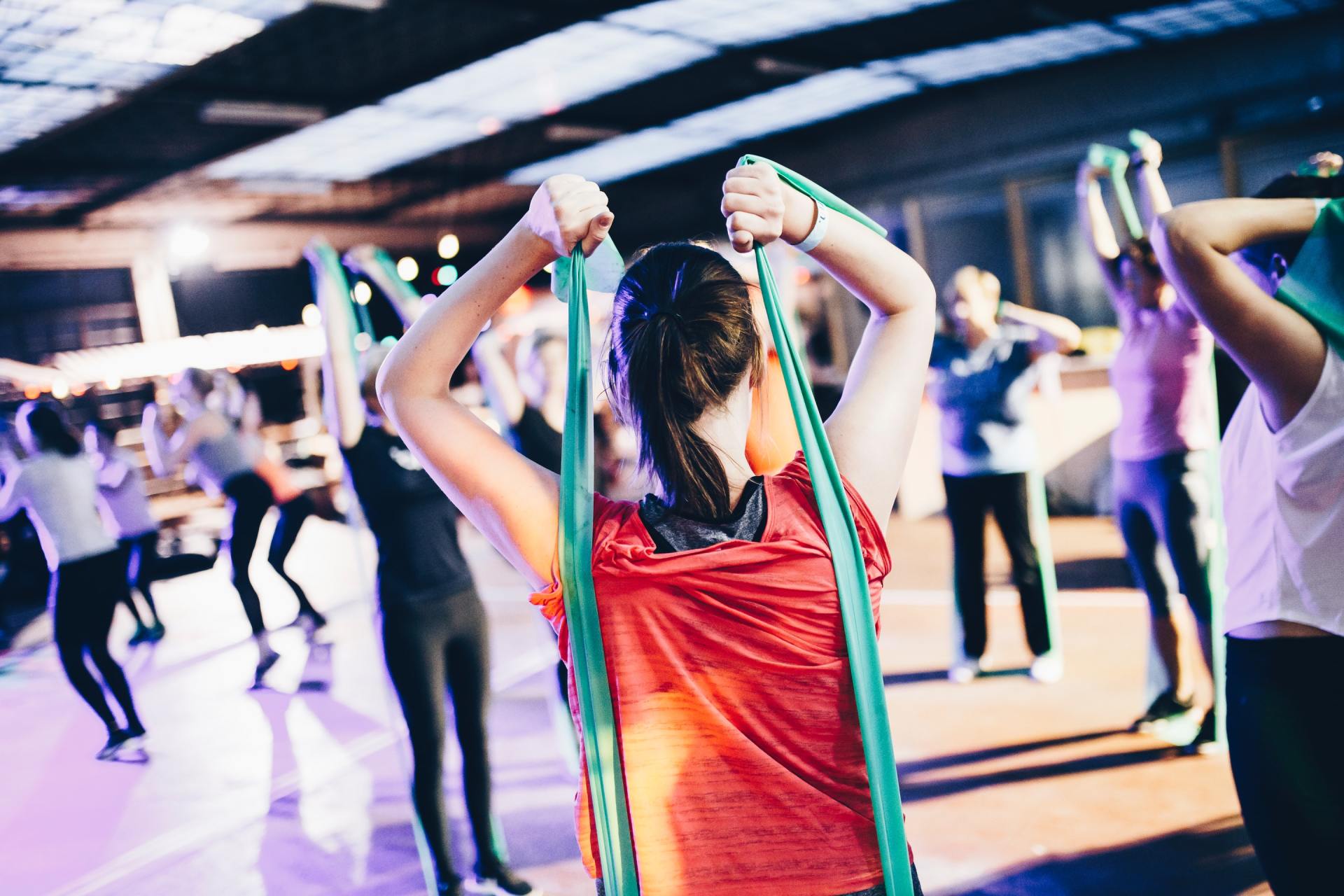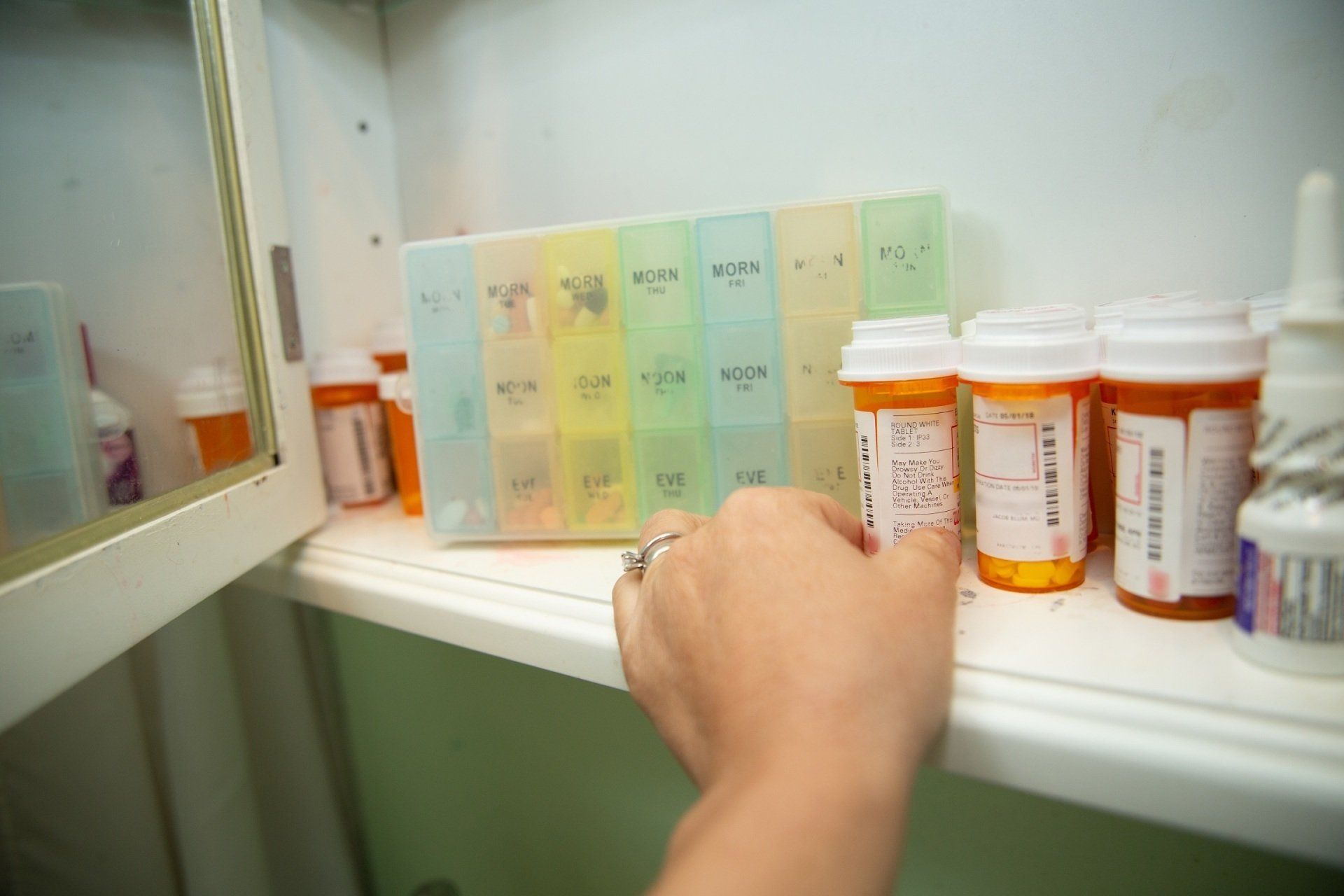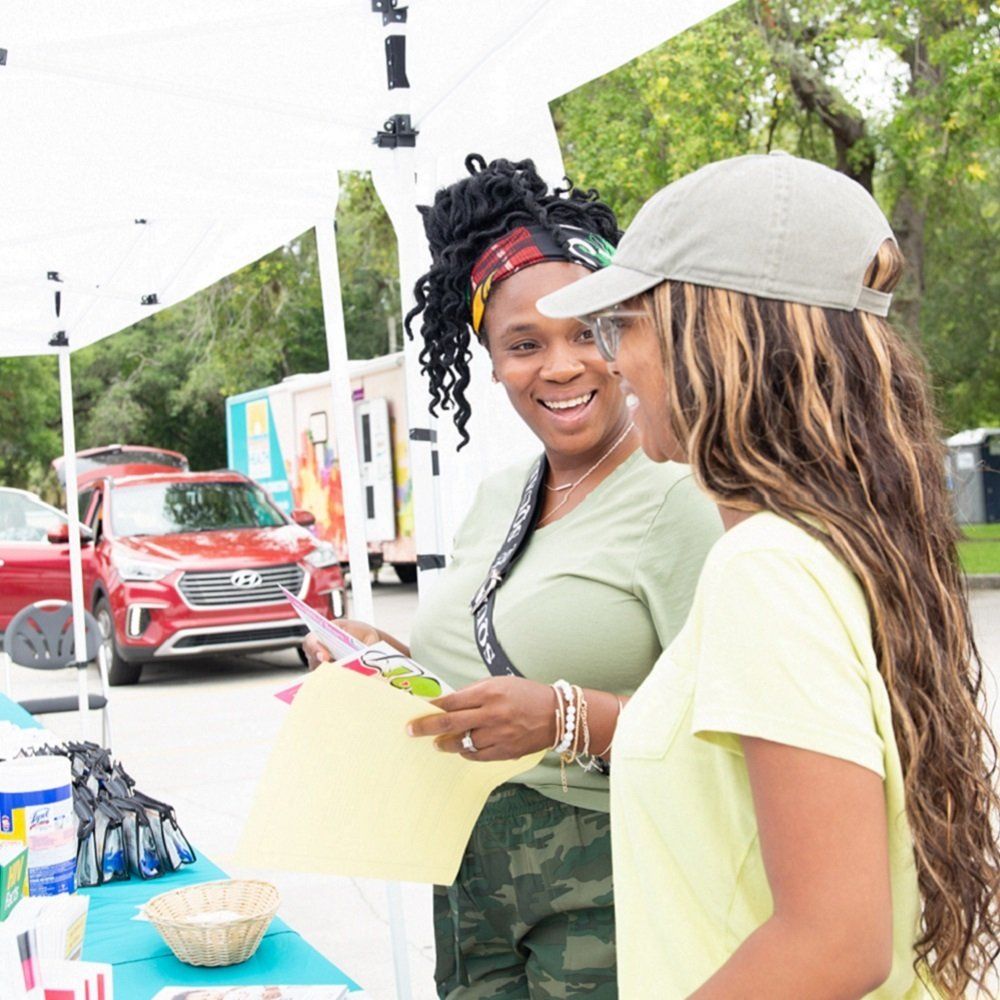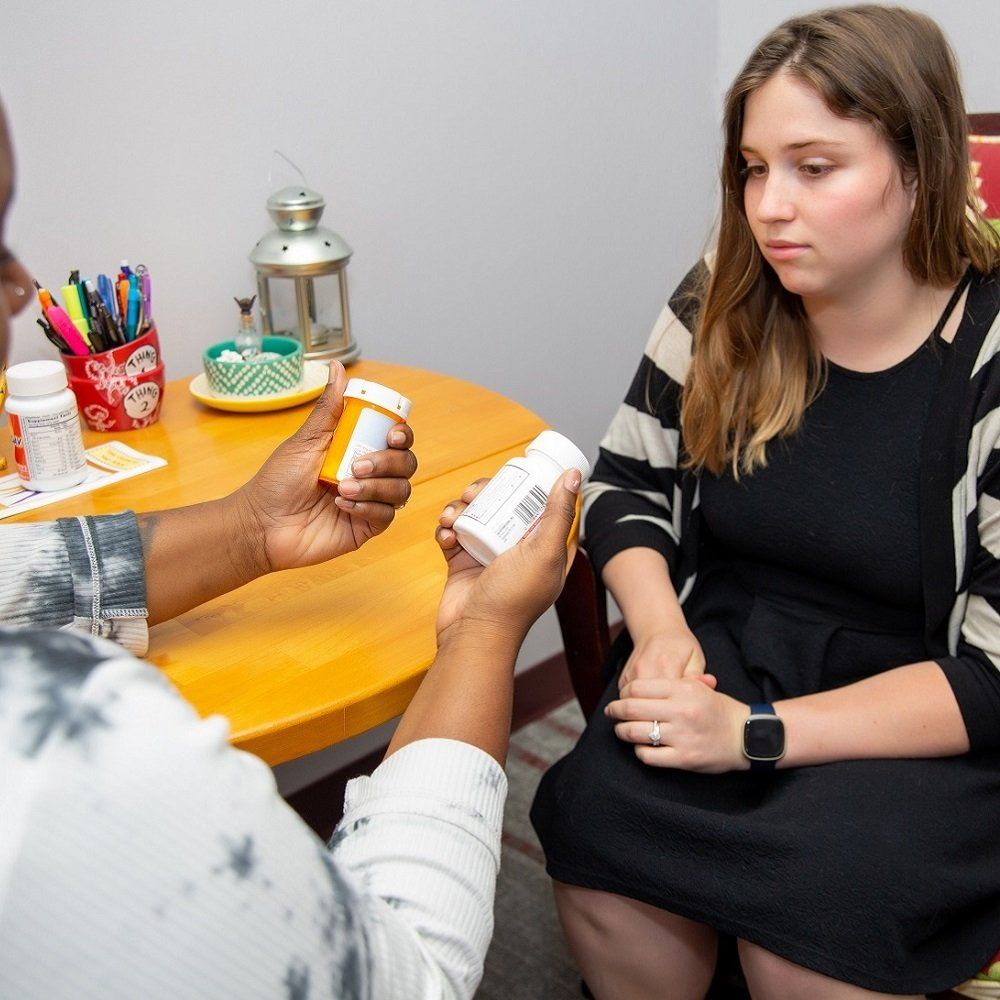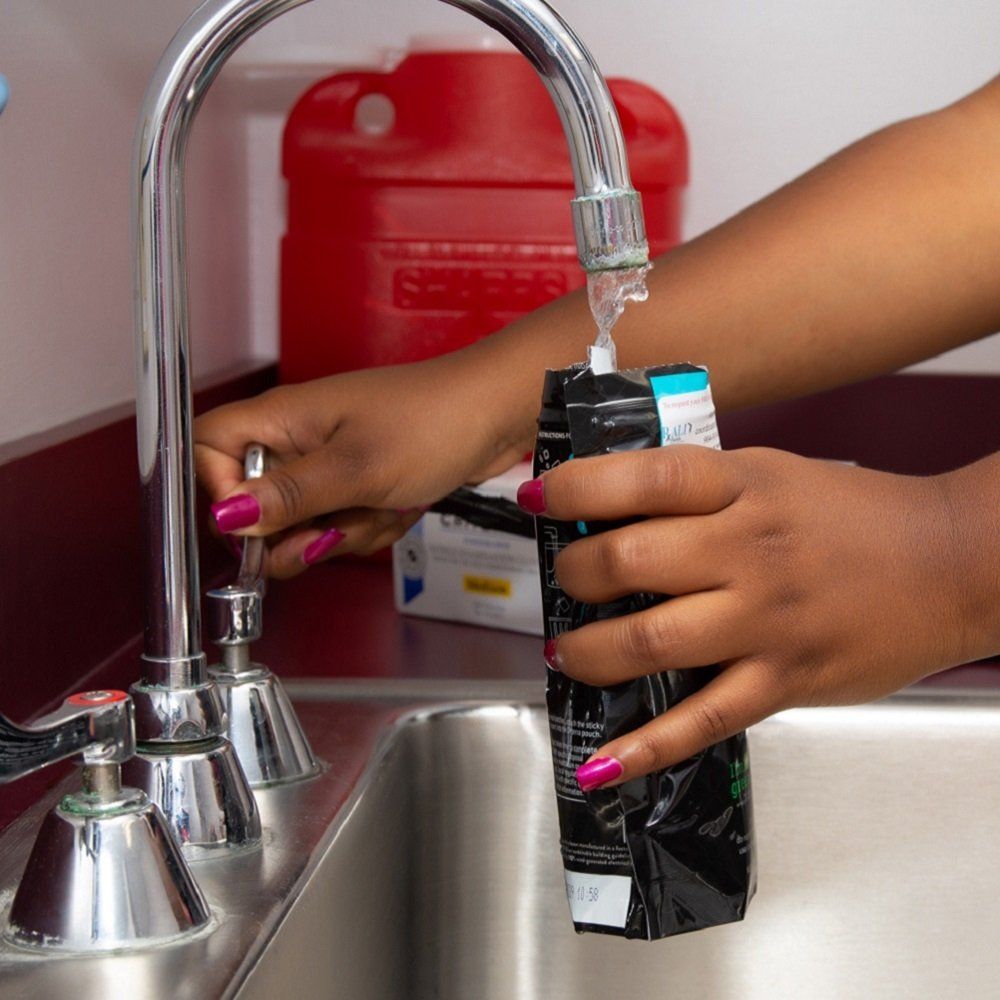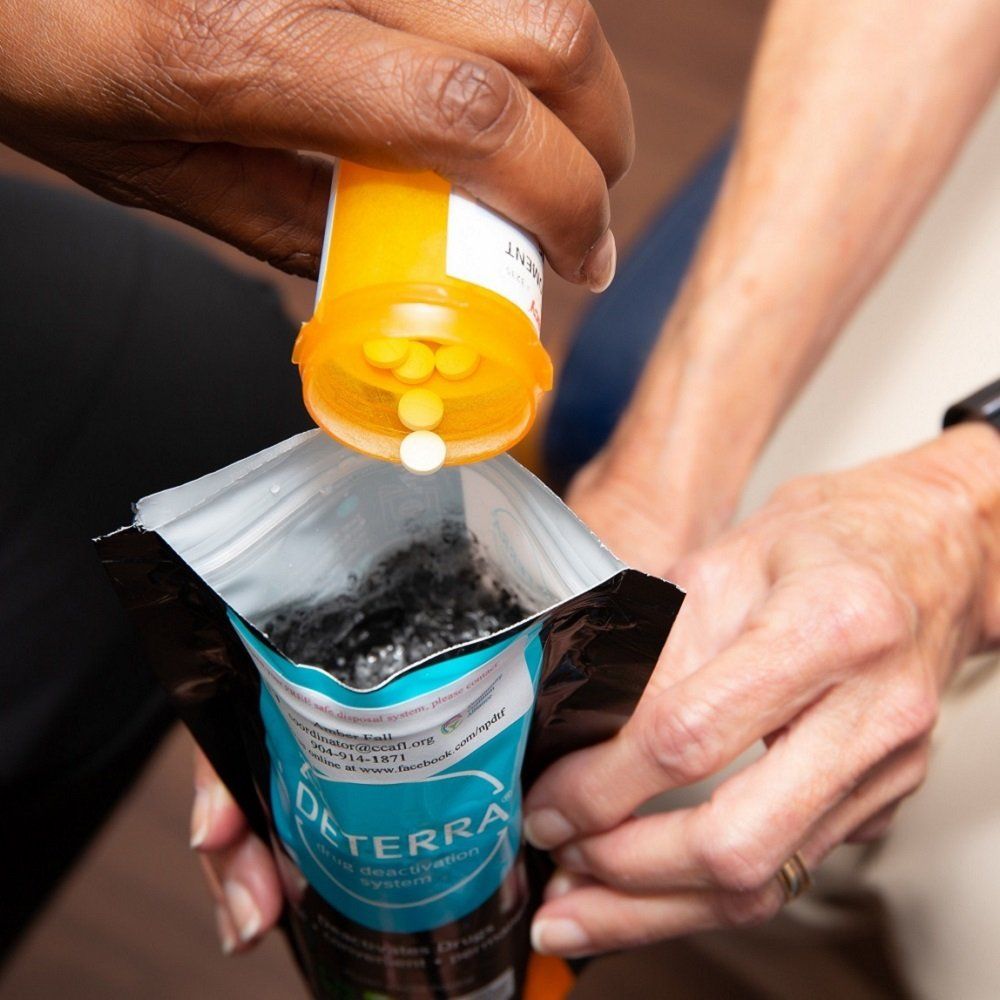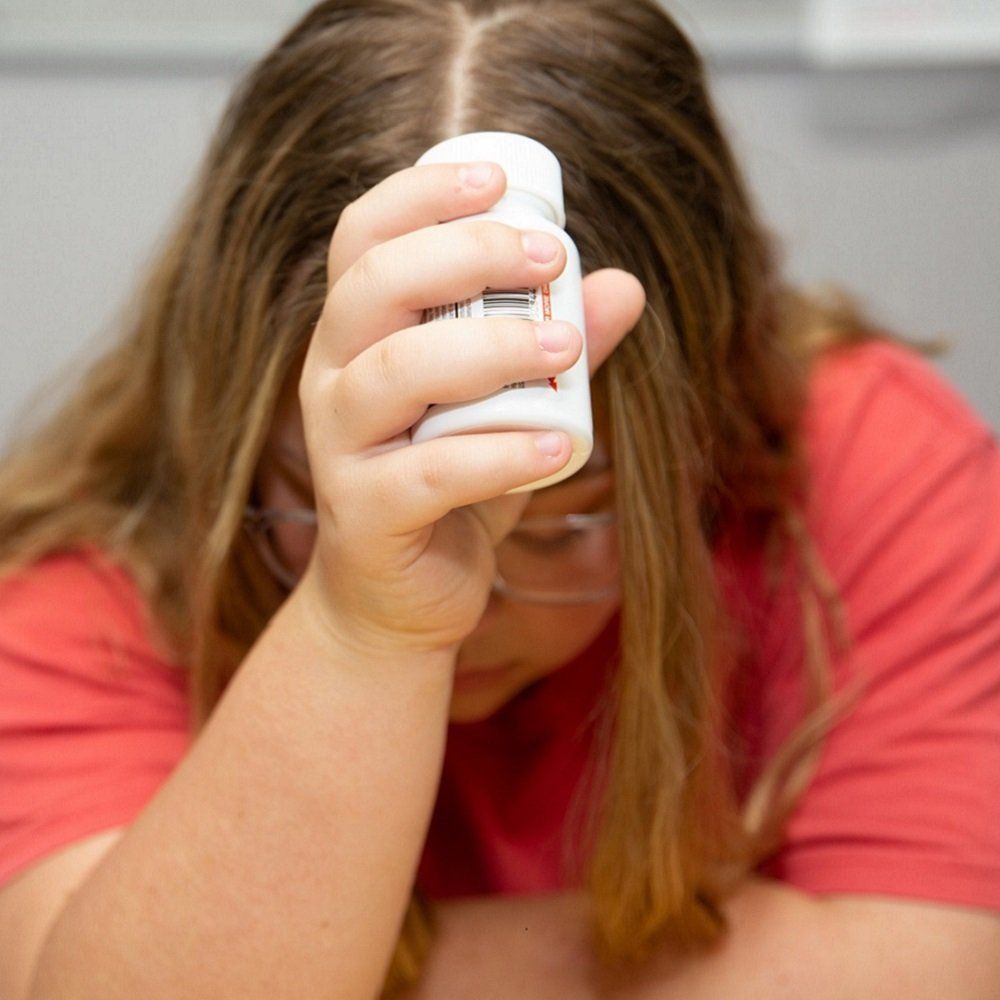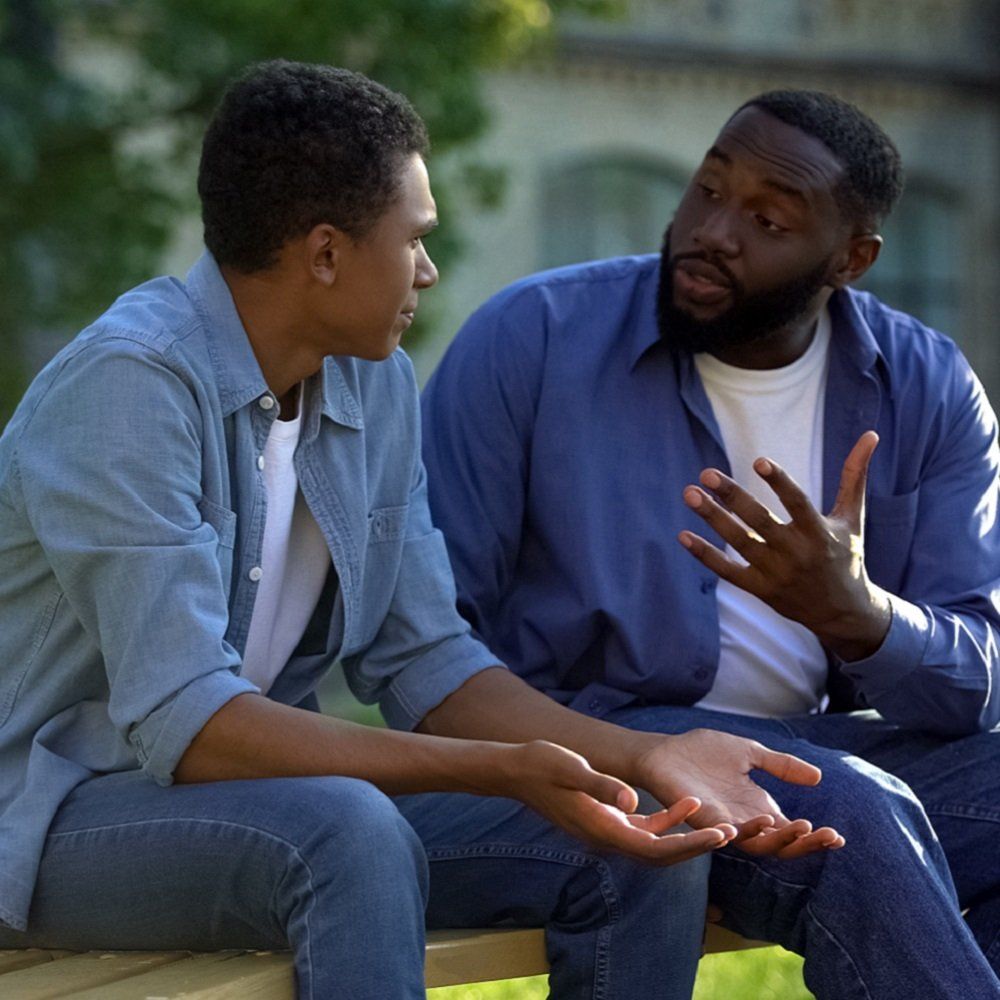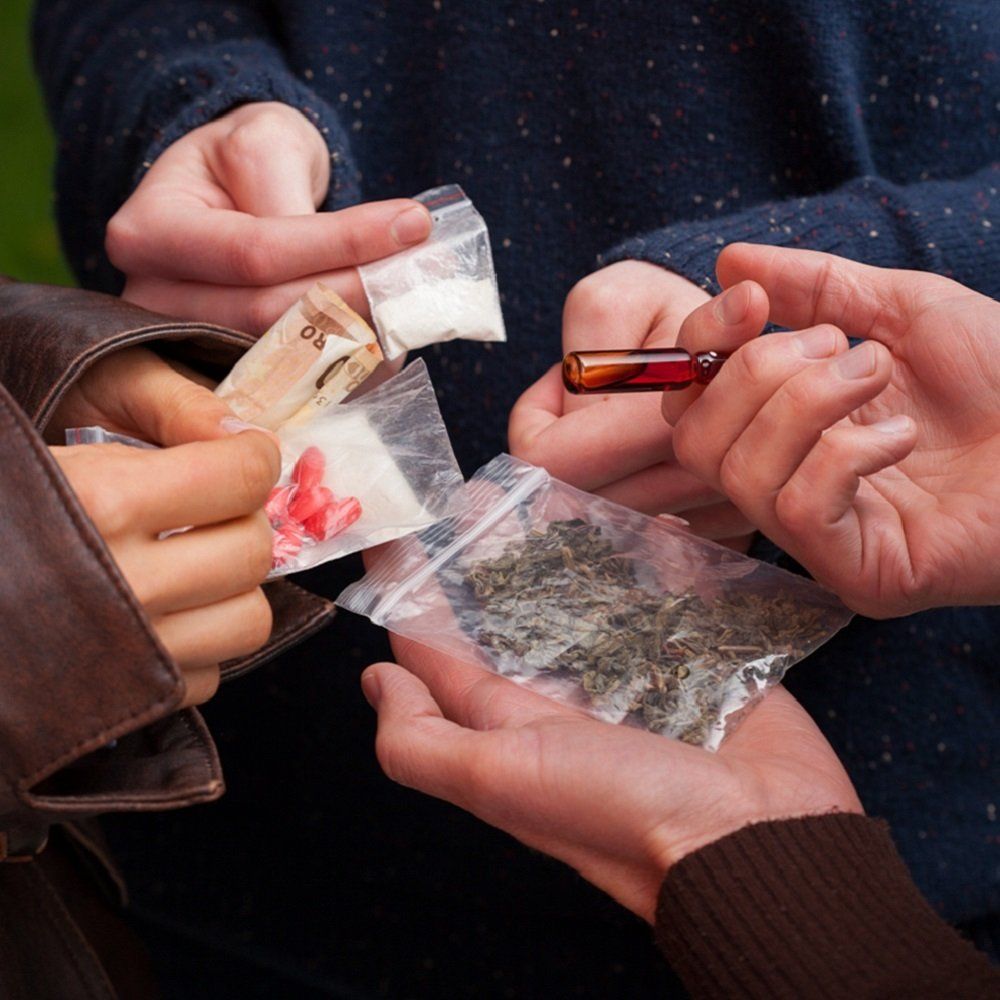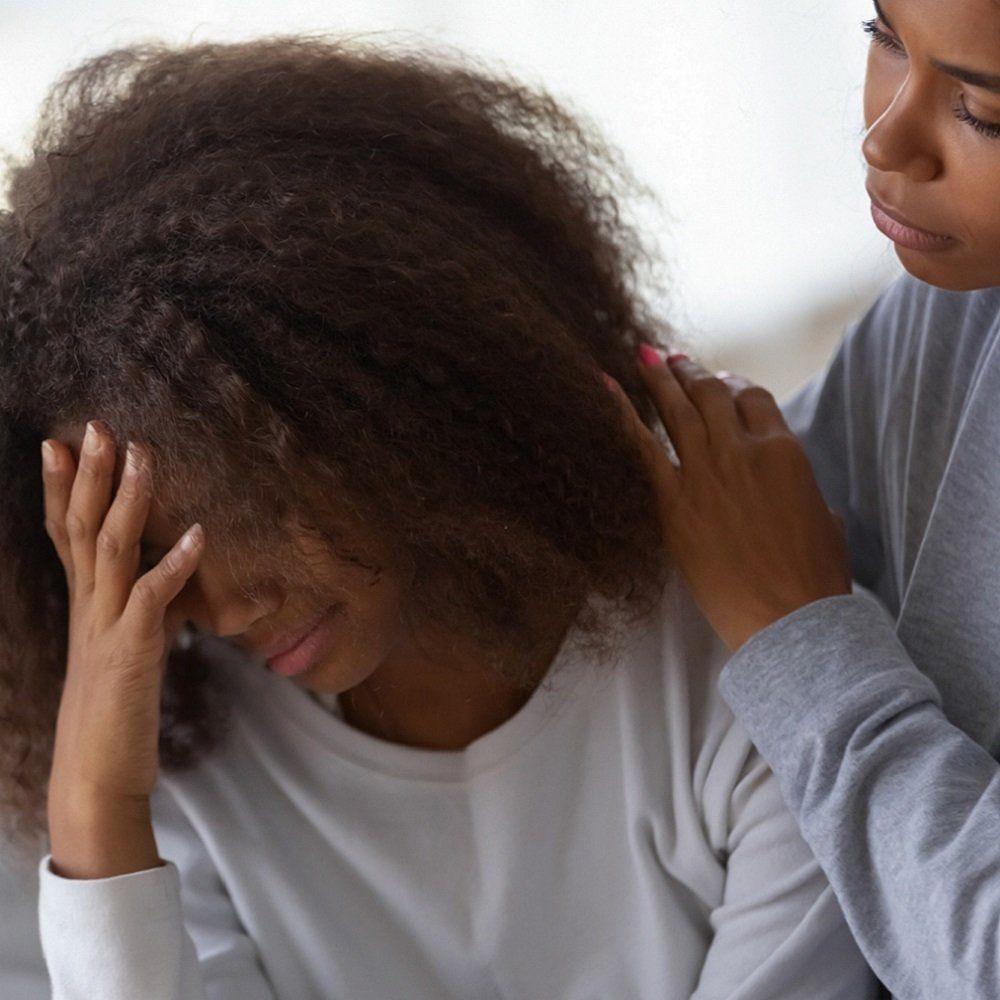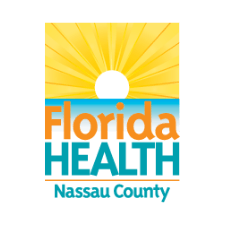If you are an adult in crisis, please call the 24/7 Adult Crisis Hotline at 904-206-1756.
Please call 9-1-1 immediately if you or your loved one is having a medical emergency.
Adult Resources
SUBSTANCE DISORDER AND ADDICTION
According to the CDC, Substance Use Disorder and Opioid Use Disorder, or addiction, is a medical condition that can affect ANYONE regardless of their age, race, gender, income level, or even social class. Addiction does not discriminate. Many times people start taking opioids to address a specific situation like surgery or an injury. And, unfortunately, even when following prescribed amounts, some people can become addicted. The first major warning sign of misuse or addiction is when the person keeps taking the opioids when they no longer need them or when using them has caused major problems for them in the past. These problems can include relationship issues, job issues, or even issues with the law.
Death from an opioid overdose happens when too much of the drug overwhelms the brain and interrupts the body’s natural drive to breathe. When experiencing an overdose, breathing can slow to a dangerous level or even stop, causing brain damage or even death. Understanding the signs of an overdose can save someone's life.
SIGNS OF AN OVERDOSE:
- Falling asleep or loss of consciousness
- Pupils become small or constricted
- Breathing becomes slow and shallow
- Choking or gurgling sounds may occur
- Body becomes limp
- Skin turns pale, cold, and/or blue
In some cases, it may be hard to tell if someone is overdosing or just high. If you are not sure, the best thing to do is react as if it is an overdose.
IF YOU SUSPECT AN OVERDOSE:
- Immediately call 9-1-1
- Administer Naloxone if available
- Keep the person breathing and awake
- Lay the person on their side to keep them from choking in case they vomit
- Stay with them until emergency help arrives
WHEN IN CRISIS
If you or a family member is in CRISIS, call the Starting Point Behavioral Healthcare mobile response team at the 24/7 Adult Crisis Hotline: 904-206-1756.
EMERGENCY TREATMENT
Naloxone (also known as Narcan) is a medicine that rapidly reverses an opioid overdose. It can be injected or given through a saline solution. You can get Naloxene through Starting Point Behavioral Healthcare in Yulee or Hilliard; through the Saint Augustine Harm Reduction Collective, or through Jacksonville Metro Treatment Center.
CONTROLLING PAIN WITHOUT OPIOIDS
When dealing with pain, first consider non-opioid treatments to control the pain effectively without side effects. Some options include physical therapy and/or exercise, chiropractic, massage therapy, non-opioid medications such as acetaminophen or ibuprofen, acupuncture, and Cognitive Behavioral Therapy (CBT).
OPIOID ADDICTION PREVENTION
The best way to combat opioid addiction is prevention. Some ways to prevent addiction include:
- If you are prescribed a medication, ask your doctor if it is an opioid and if there is risk for addiction. If the answer is “yes,” ask for alternatives.
- Never take prescription opioids in higher doses than prescribed.
- Avoid taking opioids with alcohol or other substances.
- Never share your prescription. Most addiction begins with medication from a friend or family member.
- Keep your medications out of the reach of children and safely protected from any individuals living in or coming into your home.
- Never change a dosage without first discussing it with your doctor.
- Properly dispose of all medications (preferably using Deterra).
TREATMENT OPTIONS
Medication Assisted Treatment (MAT) for opioid addiction has also proven safe and effective. MAT alleviates withdrawal symptoms and decreases the likelihood of returning to opioid use. Through regimented medication, along with counseling and behavioral therapies, the desire to use can be brought down to manageable levels as the brain gradually recovers. The three most common types of medication to treat opioid addiction are methadone, naltrexone and buprenorphine.
Trauma Informed Care is a system of “organizations, programs and services that are based on an understanding of the vulnerabilities or triggers of trauma survivors that traditional service delivery approaches may exacerbate, so that these services and programs can be more supportive and avoid re-traumatization.” While this may include specific practices, it is most importantly an overarching philosophy that guides healthcare professionals in their interactions with children, parents and each other.
Harm reduction method is an evidence-based, public health strategy that was developed initially for adults with substance abuse problems for whom abstinence was not feasible. Harm reduction can be described as a strategy directed toward individuals or groups that aims to reduce the harms associated with certain behaviors. When applied to substance abuse, harm reduction accepts that a continuing level of drug use (both licit and illicit) in society is inevitable and defines objectives as reducing adverse consequences.
Cognitive Behavioral Therapy (CBT) in addiction recovery helps change negative habits by replacing them with good habits. The key to any successful behavior change is to make the new behavior something that one will definitely do consistently so that it becomes a new habit that becomes associated with the situation or setting. CBT approaches have done well with many disorders and helps patients toward the end of addiction recovery put a personal plan for resilience in place once they are done with treatment.
Faith-based treatment enable people of faith to participate in groups where other like-minded people are present and are struggling with similar problems. Faith-based treatment options can help individuals feel a sense of fellowship, support, and belonging that can assist in their recovery.
Click here for more information on faith-based options in Florida.
HELP IS AVAILABLE
Substance Abuse and Mental Help Services Administration national helpline, 1-800-662-HELP (4357) or TTY: 1-800-487-4889, is a confidential, free, 24-hour-a-day, 365-day-a-year, information service, in English and Spanish, for individuals and family members facing mental and/or substance use disorders.
SUICIDE HOTLINE: 1-800-273-TALK (8255)
NATIONAL SUICIDE TEXTLINE: Text “HOME” to 741741
BEHAVIORAL HEALTH CRISIS LINE: 1-904-580-0529
SEE BELOW OR CLICK HERE FOR BEHAVIORAL HEALTH AND REHABILITATION CENTERS
ADDICTION IN OUR YOUTH
Among U.S. youth ages 12 to 17, more than 750,000 report misusing pain relievers at least once in the past year. Nearly 60% of youth, ages 12 to 17, report that the source of their most recent misuse of prescription pain relievers was a friend or relative.
Children and young adults are particularly susceptible to drug abuse and addiction because their brains are still developing.
What to do? This advice comes from DoseofRealityFL.com:
- Talk with young people about the dangers of prescription painkillers, especially opioids and narcotics
- Ask healthcare professionals for non-narcotic alternatives when prescribing for the young people under your care
- Let young people know they are important and you are there to support them no matter what
- Do not supply young people with a steady supply of money if you are not certain about where and how it will be spent
- Rather than staging an “intervention,” focus on creating incentives to get young people to a doctor or substance abuse counselor
- Bring young people to a medical professional or counselor who can check for signs of drug use (including drug testing) and other mental health issues
- Consider taking away a young person’s phone or device if you suspect drug use
- If you suspect drug use, try to get young people to be evaluated by a doctor or counselor
Youth Referral: 904-875-6113
ROAD TO RECOVERY: REHABILITATION IS POSSIBLE
There are no easy paths or guarantees for recovery from opioid addiction. It takes time, commitment and, most importantly, support for the brain to recover from the chemical changes caused by recurrent opioid abuse.
Opioid addiction can affect anyone, regardless of race, gender, age or income, and recovery is possible through the support of community and loved ones recognizing and ending the stigma associated with addiction.
Find hope watching these
stories of recovery. Here are
more powerful stories told by people struggling with addiction and family members of people who have been addicted. You are likely to find someone here you can relate to and learn from.
BEHAVIORAL HEALTH AND DRUG TREATMENT CENTERS
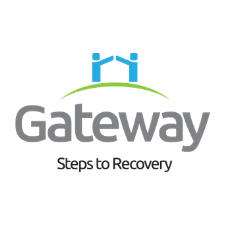
Gateway Community Services
Age: All
Description: Mental Health/Substance Abuse, Treatment
Contact: 555 Stockton St. Jacksonville, FL 32204
904.387.4661 - Adults
904.387.4661 ext. 1320 - Youth
Pay: Insurance, Private Pay, Sliding Scale
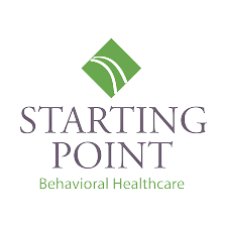
Starting Point Behavioral Health
For: All
Description: Mental Health/Substance Abuse, Treatment
Contact: 463142 State Road 200, Yulee FL, 32097
904.225.8280
Pay: Self-pay, Medicaid, Medicare, Private Insurance, Military Insurance
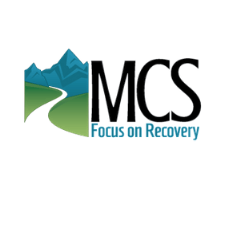
McPherson Counseling Services, Inc.
For: Adults
Description: Substance Use Intervention
Contact: 850310 US Highway 17, Yulee, FL 32097
904.548.0160
Pay: Private Pay, Sliding Scale
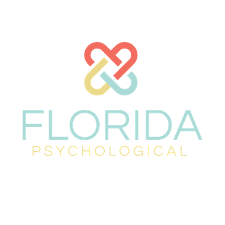
Florida Psychological Associates
For: Veterans
Description: Mental Health/Substance Abuse, Veterans Affairs
Contact: 1903 Island Walkway, Fernandina Beach, FL 32034
542194 US-1 Callahan, FL 32011
904.277.0027
Pay: Private
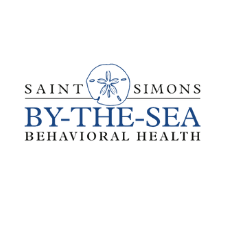
Saint Simons By The Sea Behavioral Health
Age: All
Description: Mental Health/Substance Abuse
Contact: 2927 Demere Rd. Saint Simons, GA 31522
912.638.1999
Pay: Self-pay, Medicaid, Medicare, Private Insurance, Military Insurance
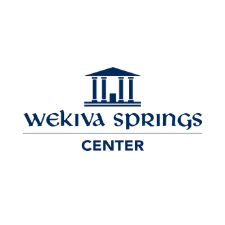
Wekiva Springs Center
Age: Adult
Description: Mental Health/Substance Abuse Treatment, Military Specific Program
Contact: 3947 Salisbury Rd. Jacksonville, FL 32216
904.296.3533
Pay: Self Pay, Insurance, Veteran's Affairs
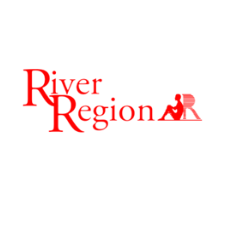
River Region
For: Adults
Description: Mental Health/Substance Abuse
Contact: 3901 Carmichael Ave. Jacksonville, FL 32204
213 E. Macclenny, FL 32063
904.899.6300
Pay: Self Pay, Medicaid, Most Insurance
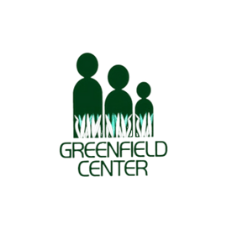
Greenfield Center
For: Adults 19 and older
Description: Mental Health/Substance Abuse, Treatment - Outpatient
Contact: 4250 Lakeside Drive, Jacksonville, FL 32210
904.389.3784
Pay: Self-Pay, Private Insurance, Medicaid - Depending on Plan
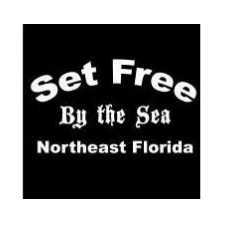
Set Free by the Sea
For: Men only
Description: Faith-Based Rehabilitation
Contact: 850482 US Highway 17 S, Yulee, FL 32097
904.849.1091
https://setfreechurchnefl.com/
Pay: Free
This project is supported by the Centers for Disease Control and Prevention of the U.S. Department of Health and Human Services (HHS) as part of a financial assistance award totaling $165,200 with 100 percent funded by CDC/HHS. The contents are those of the author(s) and do not necessarily represent the official views of, nor an endorsement, by CDC/HHS, or the U.S. Government.
All Rights Reserved | Florida Department of Health - Nassau County. Website by BizBolster Web Solutions, LLC

